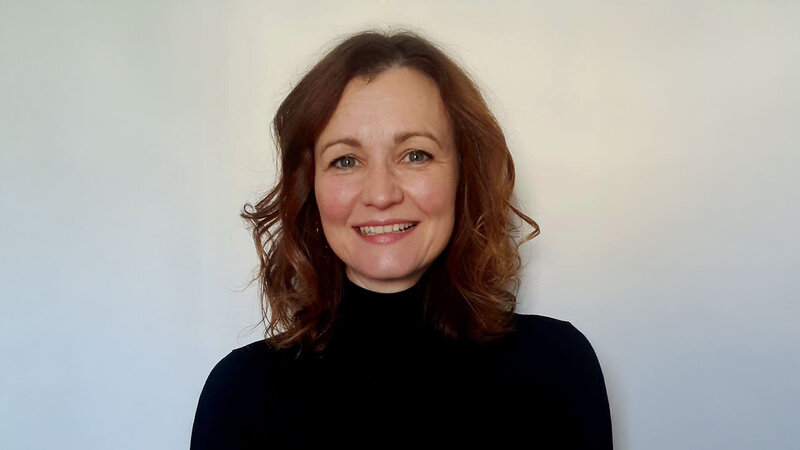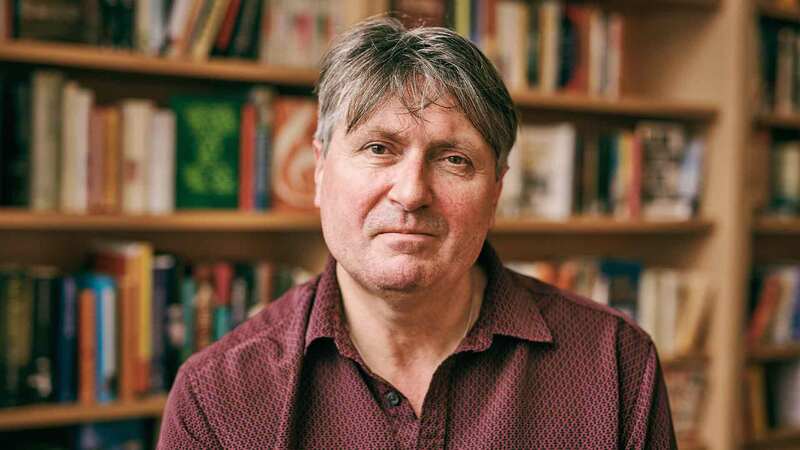You are viewing your 1 free article this month. Login to read more articles.
Libraries All Party Parliamentary Group to re-launch
Politicians across parliament are to assemble to re-establish the Libraries All Party Parliamentary Group (APPG) later this month, with support from librarians' association CILIP. But while library campaigners have welcomed the move, some doubt that the group will implement "actual concrete action".
The Libraries APPG will work to provide information and opportunities for debate about the "important role libraries play in society and the economy", when it relaunches on Tuesday 31st January. The group intends to "highlight the contribution that a wide variety of library and information services make", including those in the public, school, government and health sector, colleges, private companies and university libraries, and promote and discuss themes in the wider information and knowledge sector including the impact of technology, skills and training, professional standards and broader issues.
Nick Poole, CILIP chief executive, said that the re-established group will provide an important cross-party platform to examine issues relevant to the sector, adding: "MPs and Peers have shown great interest in supporting the UK’s citizens to develop basic and advanced skills to improve life chances, tackle inequality and increase prosperity. I look forward to working with politicians from all parties to raise the profile of libraries and information services in Parliament, and their role developing the skills needed for the UK to be a globally competitive knowledge economy.”
Lord Graham Tope will be chairing the group and said he was "delighted" to be working with CILIP to re-establish the group.
"I have seen first-hand the difference a good library makes in a community; introducing children to the joy of books, combatting isolation, providing a place to study, bringing people together, and improving physical and mental health", Tope said. "In prisons, schools, Universities, the NHS and in communities libraries every day connect people with the information they need to open up new opportunities.”
Shadow libraries minister Kevin Brennan told The Bookseller that while he cannot participate, he supports the re-establishment of the group. "I welcome the launch of the All Party Parliament Group on Libraries", Brennan said. "Given that library funding fell by £25 million in the past year and that library visitor numbers are declining, further contributions to the debate on how local Councils are effected by Government cuts are essential. The APPG will be instrumental in raising further awareness of the issue in Parliament. While it is not appropriate for a front bench Member to participate, I look forward to hearing their findings."
While the move to re-establish the group has been welcomed by campaigners, there are fears that the group will not offer “actual concrete action”.
Ian Anstice, librarian and editor of Public Libraries News, said: "One of the big issues that libraries face has been the lack of a strong voice within parliament knowledgeable about the issues and representing the sector. As such, I welcome this move, which is part of an ongoing national campaign to demonstrate the importance and values of libraries to decision makers. The worry that I, and one suspects most observers of the political scene, would have, is that may membership may be used to simply show how politicians care about libraries, which is always a popular issue amongst electors, without any actual concrete action. Public libraries are too important, and too under threat, to be used for such grandstanding and I hope that it does not occur".
Campaigner Desmond Clarke told The Bookseller that although he believes that the resurrection of the group is a positive step, in order to have any "real influence" the group needs to focus on the "key structural, technological and resource management issues faced by the service and to be prepared to challenge the Libraries Taskforce to reverse the worrying decline in usage and borrowing".
"The public library service needs urgent action not further debate", Clarke added.
Laura Swaffield, chair of the Library Campaign said: “Every little helps. The APPG has been dormant far too long. Maybe Lord Bird and others can put fire in its belly. But it's hard to be optimistic. What's needed more is a ginger group within the Local Government Association.”
Members of the Libraries APPG will include Lord John Bird, founder of the Big Issue magazine. In October last year, Bird brought a debate on the future of libraries to the House of Lords.
Bird told The Bookseller that he intends for the group to put pressure on local authorities to affect real change in the public library service. He said: “The APPG brings members of parliament from the House of Lords and the House of Commons together to keep a weather eye on libraries and help to campaign. There are many APPG that aren’t very active, but we're planning on making this group as active as possible. We intend to put pressure on Local Authorities to back up their verbal claims and to support show material support of libraries. This kind of pressure group intends to keep libraries at the top of the agenda. Public libraries are really important.”
Former Waterstones m.d. and library campaigner Tim Coates warned of the informal nature of APPGs and the role they play within parliament but welcomed the opportunity for politicians to become more involved in campaigning for libraries.
"All Party Parliamentary Groups are not official government committees in any sense", Coates said. "They carry no weight and they have no official role or influence. So one shouldn't overstate the significance of a development like this. Having said that, the library service and particularly its users have been really let down by politicians in parliament and in local government over many years. So anything they might attempt to do is an opportunity, even if it is overdue.
Coates continued: "My own view is that everybody over-complicates the problem with libraries. I am deeply suspicious of anything that starts off pondering 'the important role libraries play in society'. If anyone goes and looks at half a dozen around the country they will see what awful places they have become. They have meagre selections of books; they are often physically dirty and their opening hours are few and unpredictable. Seeing that, no one has to debate what they are for - you just feel an overpowering need to get a wash bucket and buy loads and loads of new books”.

















